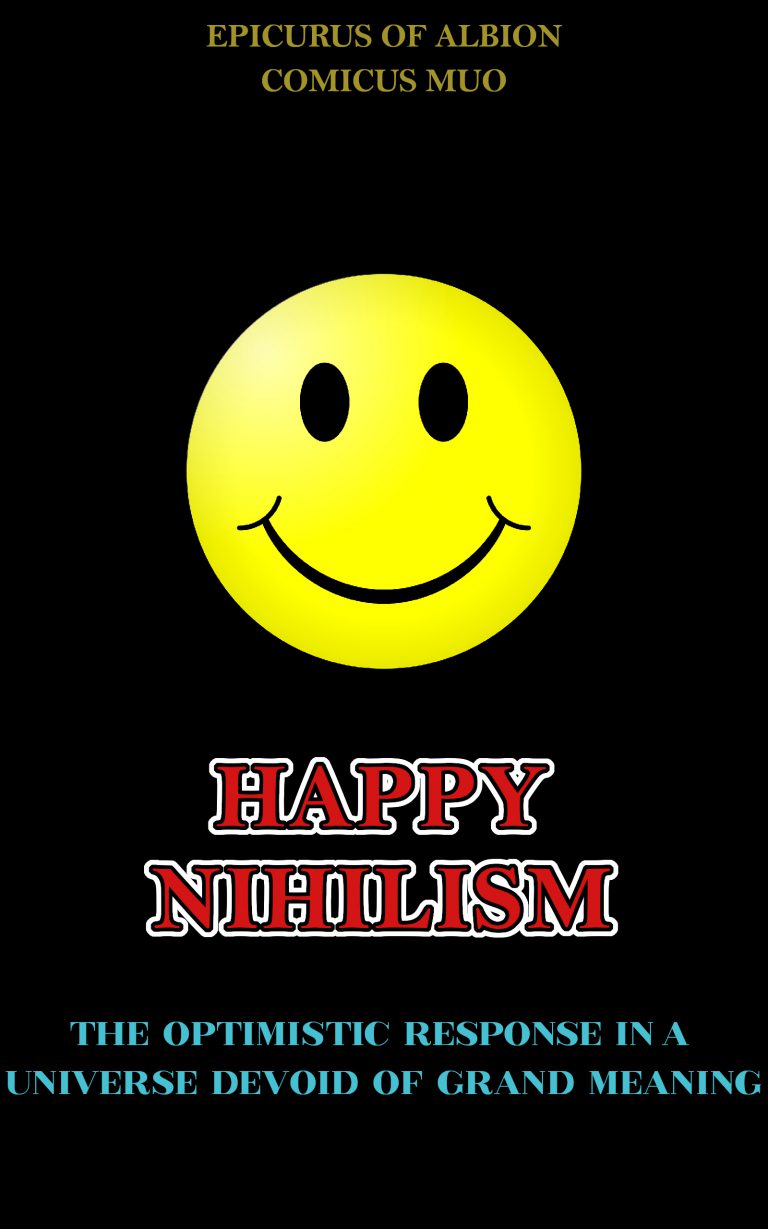
Experience… Just stay in the present moment and you’ll realise by direct awareness that experience is not episodic. To those practitioners paying mindful attention to the present, they will soon discover that having an experience of something is not a series of separate, discrete events; but is unbroken, like a river due to its continuous mode of being. An experience only seems disconnected to us because of the gaps brought about by our thinking minds and retention from memory. Moreover an experience is retained in a representation called memory, an often imperfect replaying of lived events experienced by the mind. A memory really is a representation, because it’s a representation of something no longer happening in the present moment—in other words, it’s a representation of something dead…
The river analogy of Heraclitus is fitting for my view of experience as river like, just as we cannot step into the same river twice, because other waters are continually flowing on, so it is we cannot have the exact same experience, because not only is the environment amenable to change, but we are too! Even if we revisit the same location many times over, we’ll never get the same exact experience. A park for example, may have a name and notable features that make the location familiar making it seem constant; but new people may visit, events are hosted there, the seasons change or the local council decides to install a new amenity, and even if nothing has changed in the park, we may bring along with the visit a completely different mental state than last time, colouring our experiential tone. All are possibilities that give rise to new experiences.
When we wake up, so begins the flow of experience that co-arises with awakened consciousness. We look out on a world that is already shaped before we encounter it, we cannot determine in advance how we will feel, what we will perceive, how we will be inclined to act, or what we will be conscious of, we are not in charge of what is going on within our own experience. Our relationship with the world is a ceaseless conversation, that is to say, a back-and-forth interaction with sensory stimuli and its processing by receptive sensory organs. You are able to distinguish between friend and foe, my pet or your pet, my house and your house because people, animals and locations are pure sensory effulgence, giving off their own idiosyncratic patterns of recognition.
Think of a stimuli rich environment like a city for example, lots of things are going on within the objective field, but only a fraction of what is going on may be appropriated as a personal experience by the perceiving subject at that very moment. When you’re walking down the street, for every step taken there is moment and moment and moment: ‘I just now walked passed a pedestrian and a few seconds ago, a car passed me.’ This is a convenient and conventional way for the mind to separate experiences into manageable chunks of narrative. And whatever the phenomena was, once it’s apprehended by us as a perceptible, it becomes part of our account of the day—we tell stories to our friends: ‘I never been there before!’, ‘you wouldn’t believe who I saw in town earlier!’ and If you live in Britain, you’ll be familiar with old grandmothers chatting away like this to each other on the bus!
A few weeks back, Comicus and I were eating out in a restaurant and once we finished with our meal, we started talking about our plans for the rest of the day. In that very moment my attention was focused on the conversation and its contents, but a lot was going on inside and outside of the restaurant. But because of the absence of my attention, I’ll never recall what happened inside the building and because of the absence of my presence, I’ll never know what happened outside the building.
As an individual, we have our own definite experiential tones that distinguish us from the other perceiving subjects participating in this waking world of ours—like the great Heraclitus said:
“The waking have one world in common; sleepers have each a private world of his own.”
Comicus and I shared the same ‘waking world’ in the restaurant’s environment due to our presence. And because of that, I can indicate towards some feature inside the building—like a painting—and we can both be consciously aware of it, but we have different experiential tones when we look upon it, because we have differing aesthetic tastes—Comicus loves the painting while I detest it! Then when it’s time to say goodbye to Comicus, we go our separate ways. I start making my way back home and then I’ll soon find myself witnessing a different environment in contrast to Comicus’, which at the same time means we will be witnessing different flows of experience due to being in separate locations.
Finally the most important point I wish the reader to take away from this article is this: actual experience cannot be apprehended like a handle of a mug, grasped at and held still. The river is flowing but nobody needs to push the river because it will change anyway, and just so with the flow of experience that continually unfolds and unfolds. Our sensory faculties, particularly sight, is bombarded with a kaleidoscopic mix of raw sensory information fabricated by our brains into a model of experience, and so long as they are functional, we’ll continue to be the forced spectators attempting to process and make sense of our experiences. To end in the spirit of the great stoic Epictetus, whether we approve or disapprove of the sensory impressions presented to our minds afforded by our environment is entirely within our control!

